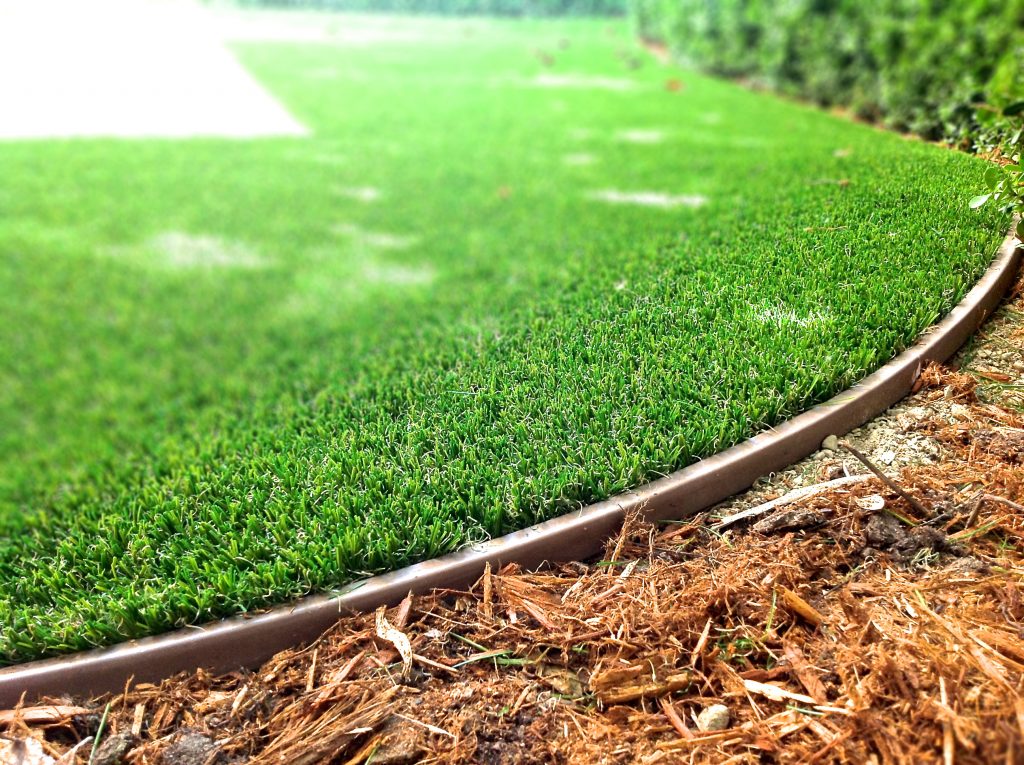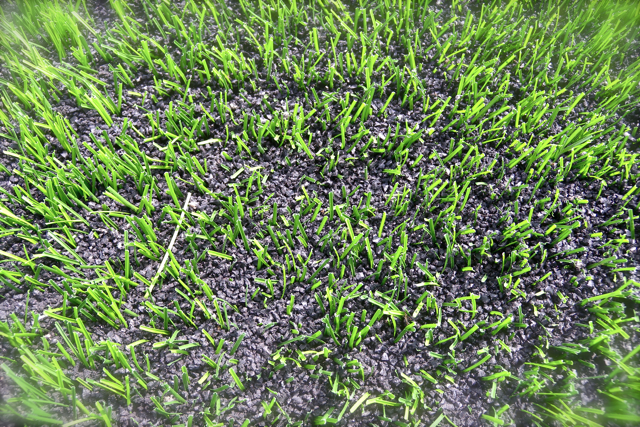Skilled Arizona Turf Installation Services for Home and Business Use
Skilled Arizona Turf Installation Services for Home and Business Use
Blog Article
Look Into the Environmental Advantages of Opting for Artificial Grass Solutions
The adoption of synthetic turf remedies provides an engaging chance to attend to pushing environmental difficulties. By significantly decreasing water use and decreasing the application of damaging chemicals, these choices not just advertise sustainable landscaping however likewise secure neighborhood environments.
Water Preservation Conveniences
Among one of the most substantial advantages of synthetic grass is its capability to preserve water. Typical grass lawns require significant watering, specifically in locations susceptible to dry spell or water limitations. In contrast, fabricated grass does not require watering, dramatically lowering the total need for water sources. This attribute is especially valuable in deserts where water scarcity is a pressing concern.
By eliminating the demand for routine watering, artificial lawn adds to sustainable landscape methods and helps alleviate the ecological effect of excessive water usage. The conservation of water expands to the decrease of overflow, which can lead to soil erosion and river contamination.
Furthermore, the setup of synthetic grass enables towns and homeowners to allot water sources more efficiently, focusing on crucial usages such as drinking water and farming. The shift towards synthetic grass not only advertises responsible water usage however additionally aligns with wider ecological goals focused on protecting all-natural sources.
As communities increasingly prioritize sustainability, the water conservation benefits of synthetic grass offer an engaging instance for its fostering in industrial and domestic landscape design tasks.
Decreased Chemical Usage
The shift to synthetic lawn significantly lowers the reliance on chemical treatments frequently used in all-natural grass maintenance. Typical turf management commonly involves the application of pesticides, herbicides, and plant foods to promote growth and control pests. These chemicals can pose dangers to human health, local wild animals, and the environment, adding to soil and water contamination.
In contrast, synthetic turf gets rid of the demand for these harmful materials. By reducing the release of artificial substances right into the ecological community, artificial turf advertises healthier dirt and water systems.
Furthermore, the lack of chemical drainage associated with fabricated grass installments assists secure regional waterways from pollution, supporting aquatic life and maintaining biodiversity. Turf installation phoenix az. As neighborhoods increasingly prioritize sustainable methods, choosing artificial lawn provides a practical remedy that aligns with ecological conservation goals. Through this change, residential property owners can appreciate lush green spaces without compromising ecological health, leading the way for a much more sustainable future
Lower Carbon Footprint

Moreover, the setup of synthetic grass can lead to considerable water preservation. All-natural grass need substantial amounts of water for irrigation, which not just includes to the carbon impact related to water removal and treatment however also pressures local water sources. In contrast, sites man-made lawn requires marginal maintenance, requiring no watering, thereby dramatically reducing water usage and its connected energy costs.
In addition, the durability of synthetic lawn adds to its reduced carbon influence. With a life expectancy of up to 15 years or more, the demand for constant replacements is diminished, causing less waste and lower power consumption in manufacturing and throwing away standard yard options. On the whole, fabricated grass presents a lasting option for environmentally mindful landscape design.
Habitat Conservation
Habitat conservation is an important factor to consider in the argument over landscaping choices, particularly when contrasting synthetic grass to all-natural lawn. Natural turf yards commonly require substantial upkeep, consisting of making use of herbicides, fertilizers, and chemicals, which can detrimentally impact local environments. These chemicals can seep into the soil and rivers, damaging native vegetation and fauna and interrupting local habitats.
Fabricated grass eliminates the need for harmful chemicals, thereby shielding neighboring wildlife and keeping the integrity of surrounding article ecological communities. The installation of man-made turf can lead to the conversion of former turf areas into more biodiverse landscapes, such as pollinator yards or native plant locations, which can sustain regional wildlife.
Ultimately, the shift to synthetic grass not only conserves water and decreases upkeep initiatives yet additionally fosters a much more harmonious partnership between human activities and the native environment, promoting habitat conservation at the same time.
Long-Term Sustainability
Long-term sustainability is an essential factor in reviewing the benefits of synthetic grass over typical grass lawns. Among the most considerable advantages of artificial lawn is its durability; it can last up to 15-20 years with marginal upkeep, whereas all-natural lawn requires constant reseeding and substitute. This durability minimizes the demand for constant sources, such as water, plant foods, and pesticides, which are important for maintaining a healthy turf lawn.
In addition, synthetic grass contributes to a reduction in carbon emissions related to lawn treatment devices. Conventional yards typically call for gas-powered lawn mowers, leaners, and blowers, every one of which add to air pollution. Arizona artificial turf. On the other hand, artificial turf gets rid of the need for such equipment, advertising a cleaner environment
Furthermore, the manufacturing of synthetic grass increasingly uses recycled materials, enhancing its sustainability profile. As suppliers adopt environment-friendly methods, the ecological impact of synthetic grass remains to lessen.

Verdict
The fostering of man-made lawn remedies provides considerable environmental benefits, including significant water preservation, reduced dependence on unsafe chemicals, and a reduced carbon impact. Furthermore, synthetic grass aids in maintaining natural environments by lessening land disruption and promoting long-term sustainability with making use of long lasting materials. Jointly, these elements useful site underscore the potential of synthetic grass to contribute positively to ecological health and wellness and provide a sensible choice to traditional landscape design techniques in a progressively resource-conscious globe.
In comparison, artificial turf does not require watering, substantially decreasing the total demand for water resources. By minimizing the release of artificial compounds into the community, artificial lawn advertises much healthier dirt and water systems.
Moreover, the setup of synthetic lawn can result in substantial water conservation. In comparison, synthetic grass requires marginal maintenance, calling for no watering, therefore considerably lowering water usage and its connected power prices.

Report this page